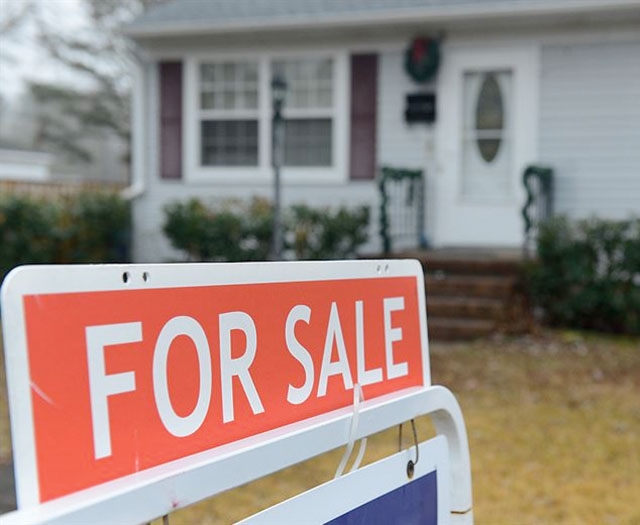
We’ve all heard stories of lucky folks who sold their homes just as the real estate market crested, or bought when prices were at rock bottom. Is it possible for a canny homebuyer or seller to time the market in the East Bay today?
Generally, the answer is “no,” real estate experts said; your own needs should come first, regardless of whether the market is up or down. However, it’s wise to know the state of the market, it’s generally a good strategy to buy and hold, and now is a good time to buy, agents and economists said.
“You can’t predict precisely when a shift will take place,” said Daryl Fairweather, chief economist for real estate site Redfin. Even if you could, responding quickly is difficult for an individual homeowner.
“There are so many factors to consider. You have to find a new home. You have to get ready to move,” she said. Unless you are an investor, it isn’t practical to try to time the market, she said.
Investors don’t live in the homes they buy and sell, so whatever they do doesn’t affect them as directly. Also, they can spread their risk over several properties.
Though it’s not exactly timing the market, one generally effective practice is to buy and hold, Fairweather said. Waiting to sell for at least 10 years means the homeowner likely will have paid off a significant amount of the amount owed, while the home’s value has likely risen. That means when you sell, you should be in a good position to make a substantial sum on the deal.
Of course, the state of the market will make a difference. Though prices have risen consistently in the Bay Area over the decades, there have been ups and downs.
This illustrates that while you can’t time the market, you can follow trends to help you make the best decisions, said Ira Serkes, a longtime East Bay real estate agent.
“If you think prices are going up, you want to buy right away,” before prices get any higher, Serkes said.
Home prices in the Oakland metro area remained the same year-over-year from August 2018 to August 2019, according to Redfin data. This represents a slowdown compared to the 7.9 percent increase seen between August 2016 and August 2018.
Fairweather believes prices will go up this year, she said. “Interest rates peaked in November 2018, but they have gone down twice since then.”
Higher interest rates add to the monthly amount homeowners must pay, so often they act as a deterrent to home buying, slowing the market down. Also, new federal laws reducing some mortgage income tax deductions went into effect in 2018, which may have had a shock effect that is largely dispelled by now, Fairweather and Serkes said.
Regardless, the two agreed homebuyers and sellers should put their own needs first, whether the market is up or down.
“It’s life events that dictate whether my clients sell or buy homes,” Serkes said. A client might land a new job and need to buy a home closer to work. Or they might want to sell and move closer to their grandchildren, the agent said.
“I always tell my clients, ‘I know exactly the best time to sell,’” Serkes said. “When you’re ready.”
By Janis Mara
